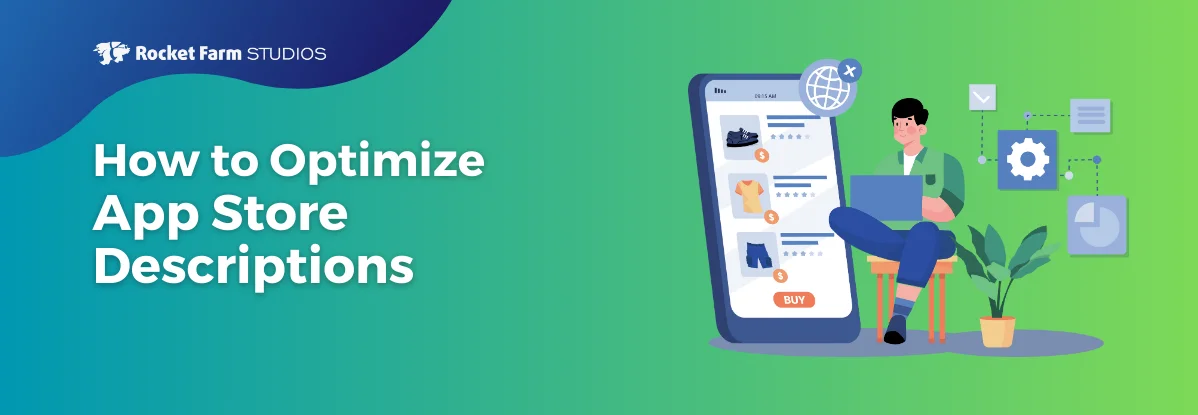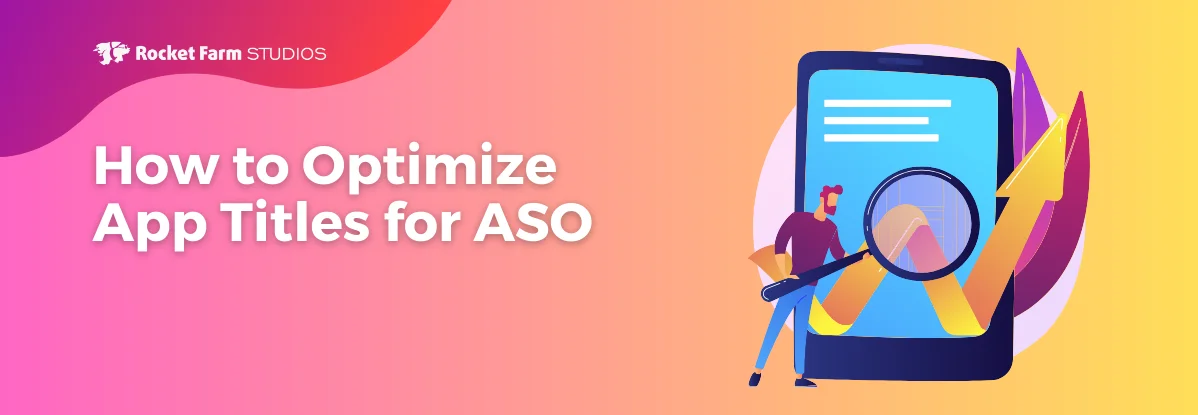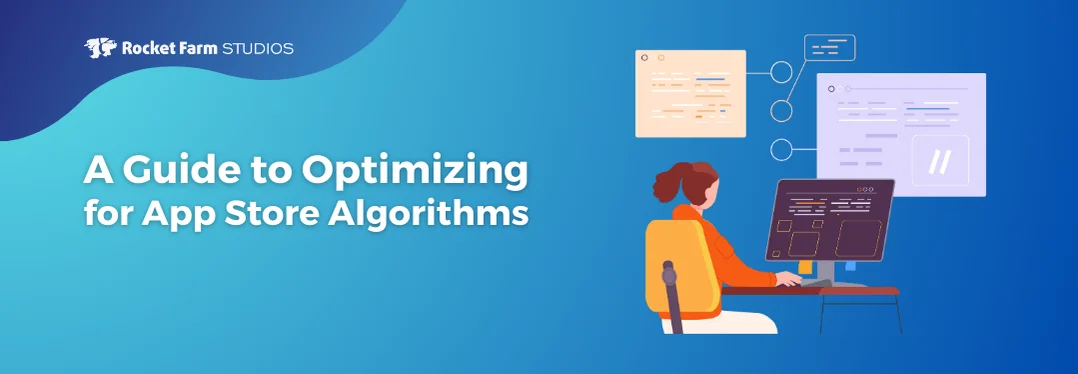With Apple’s Worldwide Developers Conference (WWDC) in full swing in San Francisco, we thought it an appropriate time to take stock of Apple’s continuing hegemony in the App market. According to a recent New York Times article by Nick Wingfield and Brian X. Chen, Android phones are outselling iPhones two to one, but app developers are still loyal to Apple because it is more lucrative to develop for iOS than to develop for Google’s Android. The Conference demonstrated this loyalty when Apple released tickets for its Worldwide Developers Conference (WWDC) in San Francisco at 8:30 AM EST, and tickets sold out within two hours. While the WWDC presents more than just mobile technology, Apple’s new operating system, Mountain Lion OS X, is expected to further integrate Mac devices with iPhones.

So the question is, why are developers so loyal to Apple? Would it not make sense to develop for the most popular platform, Android?
Leaders from both sides of the conflict voiced their logic on the trajectory of the developers’ market. In a 2010 interview, Steve Jobs suggested that Apple iPhones would retain their large share of the developers’ loyalty because many providers, all with different operating systems and technology, run the Android platform while Apple consolidated all of its apps to the iPhone platform. Conversely, Eric Schmidt, the executive chairman of Google, asserted in December of 2011 that mobile developers would begin developing more for Android within six months because Androids formed a larger part of the market and offered more opportunity for profit.
While Steve Jobs made his assertion two years ago, lightyears ago in the rocket-fast mobile market, statistics show that Jobs was correct. Developers prefer Apple because it is more unified, and more profitable. The Wingfield and Chen article cites a recent Flurry report that found that for every $1 of revenue on an iOS app, the developer could expect $.24 for an Android app. While Android phones may be more popular, its multiple platforms and varied requirements limit its ability to compete with the stalwart Apple App Store.

In concluding their article, Wingfield and Chen suggest that developers might switch to Android as its market share increases, but as of now, Apple appears to have outfoxed its competition with its simple, unified approach. Apple is leading the way in mobile technology integration: with the advent of Mountain Lion, Apple computers, tablets, and iPhones will all run on a similar operating systems, encouraging developers to cater to its users needs. Android, although the more popular phone, still has to catch up to Apple in standardizing its platform to fit smartphones, and eventually tablets and computers.
Our personal experience on the Farm supports these findings. Our clients generally request an iOS version of the product first or both an iOS version and an Android version simultaneously. In cases in which the client request an iOS version only, once the app is out and we’ve gotten initial feedback from the market, we look into porting for Android devices. Apple has positioned itself well because developers and clients alike want to keep the process simple at first, porting for a single device that can reach a large audience. Apple’s commitment to user-friendly, streamlined designs makes them the gateway to App development.
Book a call












